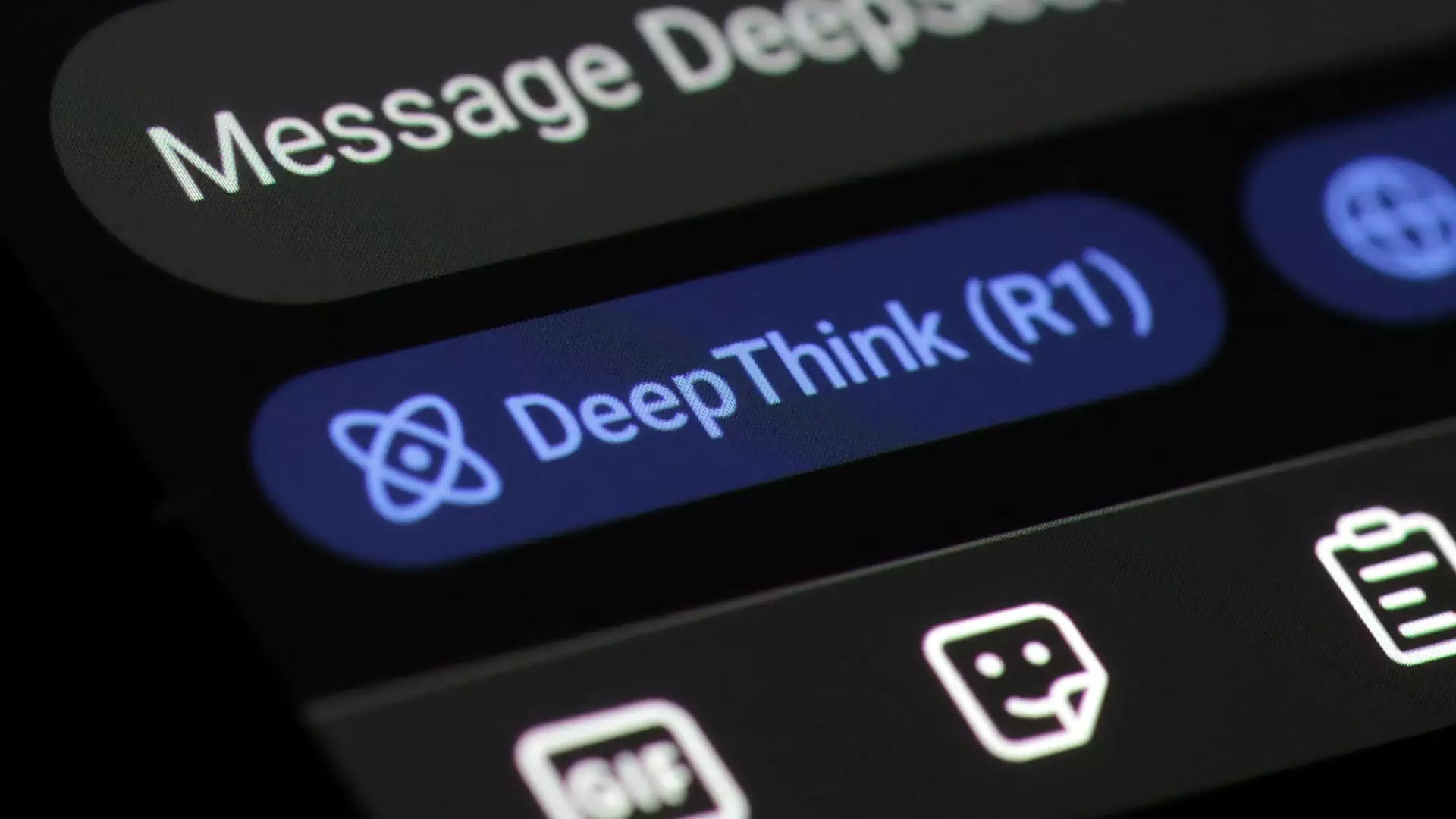In recent weeks, the spotlight has been on Singapore and its relationship with U.S. export controls amid unfolding developments surrounding DeepSeek, a Chinese technology company. The Ministry of Trade and Industry (MTI) of Singapore has emphasized the necessity for compliance among U.S. companies operating in the region, particularly in light of questions surrounding the chips utilized in DeepSeek’s advanced AI models. This concern has arisen after DeepSeek announced that its large language model could outperform OpenAI’s offerings while significantly reducing training costs. This bold claim inevitably triggered scrutiny regarding the sources of the semiconductors instrumental in developing its AI capabilities.
The heart of the controversy lies in the stringent U.S. export controls that aim to monitor and restrict the sale of advanced technology, particularly semiconductors, to certain countries, including China. A significant concern has emerged regarding allegations that DeepSeek may have acquired these advanced chips from Nvidia through third-party vendors in Singapore. As the competition in the AI landscape intensifies, the implications of these export controls become more complex, posing significant legal and ethical dilemmas for companies engaged in international trade.
Bloomberg reported on ongoing investigations by U.S. officials to ascertain the legitimacy of DeepSeek’s semiconductor sources. Nvidia, a key player in the semiconductor industry, asserted that all chips supplied for DeepSeek’s applications were compliant with U.S. export regulations. This assertion comes at a time when regulatory scrutiny is at an all-time high, and any potential missteps could have dire consequences for both Nvidia and DeepSeek.
In its statement, the MTI reinforced its stance on the rule of law and the importance of adherence to legal frameworks governing exports. The Ministry reiterated its commitment to collaborate with U.S. law enforcement and customs agencies to ensure compliance, underscoring the significant role of Singapore as a nexus for international business activities. Their clear message indicates that while Singapore serves as a major business hub for U.S. and European enterprises, the commitment to lawful conduct remains paramount.
Furthermore, in Nvidia’s recent financial disclosures, it was highlighted that while Singapore constitutes a substantial portion of Nvidia’s revenue base, shipments classified under this revenue often head to alternative destinations outside of Singapore. This nuance underscores a vital aspect of the semiconductor supply chain, wherein products may pass through multiple jurisdictions before reaching their final markets, complicating the compliance landscape.
The implications of this situation extend beyond just the immediate concerns surrounding DeepSeek and Nvidia. The intricate relationship between technological innovation, international trade regulations, and geopolitical tensions is becoming increasingly pronounced as countries vie for dominance in AI. As technology firms continuously innovate, they must navigate the treacherous waters of export controls to maintain compliance and safeguard their interests.
The ongoing narrative surrounding DeepSeek and the scrutiny of semiconductor supply chains serve as a reminder of the critical intersection between technology, governance, and international relations. Stakeholders from both the U.S. and Singapore must remain vigilant as they work to ensure compliance while fostering an environment where innovation can thrive.


Leave a Reply